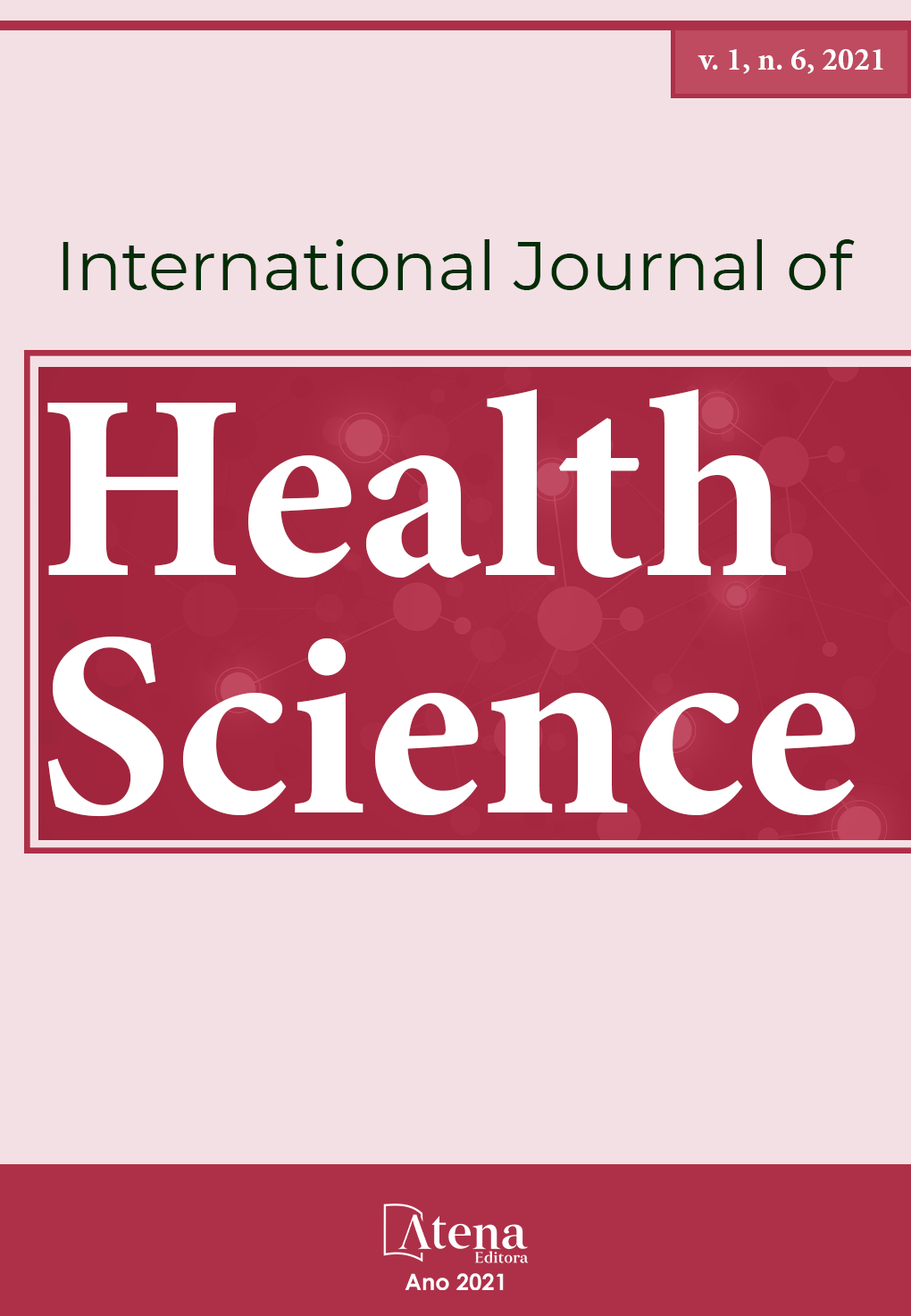
ASSESSMENT OF PREGNANT WOMEN'S KNOWLEDGE ABOUT ORAL HEALTH AND DENTAL PRENATAL
Assess the knowledge of pregnant women about oral health and dental care during pregnancy. Method: This is an observational, cross-sectional and quantitative study through the application of a questionnaire with 13 objective questions to pregnant women registered at a Family Health Unit in Maceió, Alagoas, Brazil. After data collection, all issues covered were clarified and pregnant women were instructed about dental treatment during pregnancy and about the care for the baby's oral health. Data from the questionnaires were tabulated and evaluated through descriptive analysis from the distribution of absolute (n) and relative (%) frequencies. Results: In total, 42 pregnant women agreed to participate in the study, which found that the majority (90.47%) of respondents considered it important to go to the dentist during pregnancy and 88.09% believe that dental treatment can be performed during prenatal. However, 57.14% of participants have not yet done so. Conclusion: Although pregnant women recognize the importance of dental prenatal care, beliefs and myths related to maternal and child oral health still persist, as well as restrictions on the treatments and procedures allowed.
ASSESSMENT OF PREGNANT WOMEN'S KNOWLEDGE ABOUT ORAL HEALTH AND DENTAL PRENATAL
-
DOI: 10.22533/at.ed.1592130114
-
Palavras-chave: Pregnant woman; Dentistry; Prenatal.
-
Keywords: Pregnant; Dentistry; Prenatal
-
Abstract:
Objective: To evaluate the knowledge of pregnant about oral health and dental care during the gestational period. Method: A cross - sectional and quantitative study was carried out by applying a questionnaire with 13 objective questions to 42 pregnant enrolled members in a Family Health Unit in Maceió, Alagoas, Brazil. After data collection all the issues addressed were clarified, the pregnant were advised on dental treatment during pregnancy and on the oral health care of the mother and the future baby. The data were tabulated and assessed by descriptive analysis from the distribution of the absolute (n) and relative (%) frequencies of the answers related to each evaluated question. Results: A total of 42 pregnant women answered the questionnaire requested. This study found that most (90,47%) of the interviewees consider it important to visit the dentist during pregnancy and almost all (88,09%) pregnant women believe that dental treatment can be performed during pregnancy. However, 57.14% have not done yet. Conclusion: Despite the fact that pregnant women recognize the importance of prenatal care, beliefs and myths related to maternal and child oral health persist, as well as restrictions regarding treatments and procedures.
-
Número de páginas: 13
- Adriana Seabra Bastos
- Mariana Lins da Fonseca Barretto Angeiras
- José Sarmento Lins Irmão Bisneto
- Ana Lídia Soares Cota
- Joanna Rodrigues da Silva Ferreira


